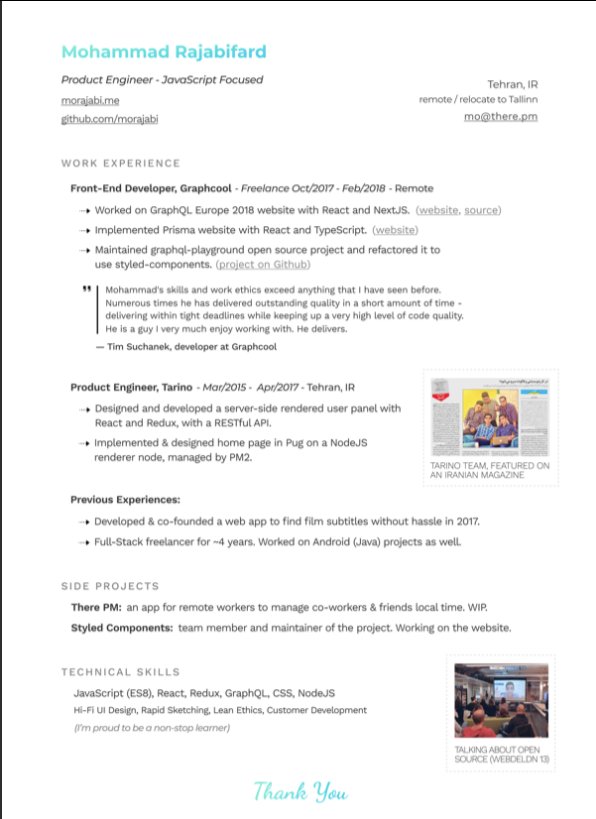It’s because we have:
- the fear of being wrong
- an inability to be present
- a desire for validation
- a lack of curiosity
- the urge to impress
- a feeling of superiority

Breaking into PMing - a \U0001f9f5 // A question folks from eng/design/other functions often have how to become a PM in a tech co.
— Sriram Krishnan (@sriramk) April 14, 2020
It can seem non-obvious and differs with each company but here are some patterns I've seen work. All the below assumes you have no PMing on your resume.
There is no One Correct Way\u2122 to learn
— Shreyas Doshi (@shreyas) August 15, 2020
Don\u2019t feel pressured to read 70 books/year just becos Super-Successful Person X does that
Videos, Podcasts, Audiobooks, Discussions\u2014all are fine
What to do:
Understand your preferred learning style
Don't resist it, embrace it
Commit to it





